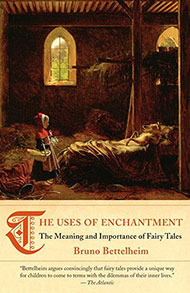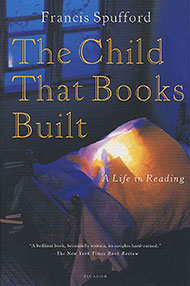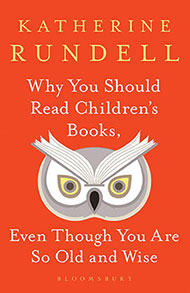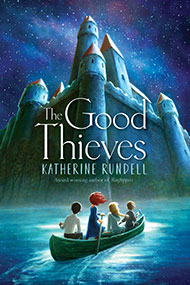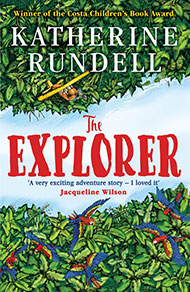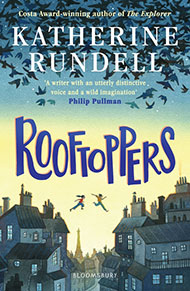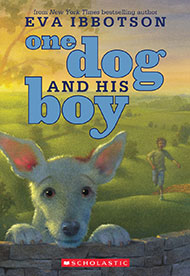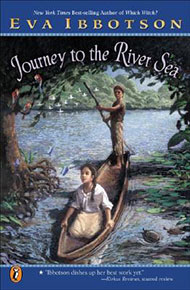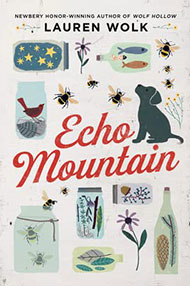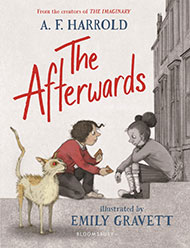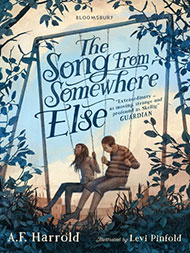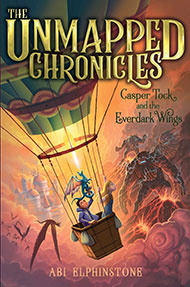When fairy tale characters step into the woods, they are beset by tests, yet are stronger by the time they find their way out. At the beginning of 2021, I wandered in a deep, dark woods because, as Bruno Bettelheim warns in The Uses of Enchantment, it’s where you go after losing the framework which gives structure to your life. The past year had left me battered and jagged, a feeling most of us experienced. I also lost the one thing which gave structure to my work: wonder. [Read my earlier essay, “Losing Wonder.”]
I had to blunder through the forest to find wonder again, alone. There were other travelers, yet as Francis Spufford points out in The Child That Books Built, “It was the Wild, where relationship ceases, where connection is suspended.” I wouldn’t meet “a small girl whose bright hood flickered between the trees,” or see the Wart as he crept “past pale-eyed predators and baby dragons hissing under stones, to his first sight of Merlyn swearing at a bucket.”
First, I had to break the spell of CNN with its glaring videos and strident newscasts that made me twitchy and fearful. Where else could I check in each day? I tripped over Terry Windling’s blog, “Myth and Moor,” which became my woodland nest. My eyes rested on vintage fairy tale art and photos of stone-rooted, mossy Dartmoor. I freely roamed the generous archives, unaware I’d ventured on the right path. Gentle discussions of fairy tales and folk traditions, of books and art, of writing and life, silenced the blaring world.
A recent blog post quoted Katherine Rundell’s Why You Should Read Children’s Books, Even Though You Are So Old and Wise. In that gem of a book, Rundell mentions Eva Ibbotson’s middle-grade novel Journey to the River Sea as having “a kind of wonder that other kinds of fiction might be too self-conscious to allow themselves.”
How did these people acquire so much wonder? Was there any left for me?
Rundell’s little book is magically packed with outsize wisdom, at least to this lost soul:
When you read children’s books [as an adult], you are given the space to read again as a child: to find your way back, back to the time when new discoveries came daily and when the world was colossal, before your imagination was trimmed and neatened, as if it were an optional extra.
Inside me tightness began to unfurl, like a fiddlehead fern reaching toward sunlight.
Next, I stumbled on a British children’s literature site geared for teachers and students called Authorfy. Authors and illustrators conduct “Masterclasses,” short videos on topics such as “How Much ‘Imagining’ Do You Leave to the Reader?” Two-minute videos suited my scattered mind. Author readings in chippy accents prompted me to seek the work of Rundell, Ibbotson, A.F. Harrold, and Abi Elphinstone. Lauren Wolk’s Echo Mountain smelled like leaf litter and pine needles. The woods became friendlier.
Last, the path led me to a cottage. The sign outside promised online writing courses open to everyone. I hesitated, remembering Neal Gaiman’s instructions:
A red metal imp hangs from the green-painted door, as a knocker,
do not touch it; it will bite your fingers.
Walk through the house. Take nothing. Eat nothing.
I knocked anyway. The Novelry website, “the home of happy writing,” welcomed me to the fireside. Based in the UK (where they have a penchant for odd suffixes — “fy,” “ry”) they offer several courses, but I was captivated by the Classic Course with its lantern-lit quote from Tolkien. The course emphasizes finding and developing a book-length idea, using classic children’s books. Teachings draw upon the works of Tolkien, C.S. Lewis, J.K. Rowling, J.M. Barrie, Lewis Carroll, Hans Christian Anderson, plus Blake, Einstein, Ruskin, Philip Pullman, Roald Dahl, Jack Zipes and others, all gathered on a gorgeous interactive platform.
The Novelry took me in, fed me tasty, thoughtful lessons I could take at my pace, gave me a place of safety and warmth while I sorted myself. I’d been fumbling with an idea for four years and have six binders bristling with a forest of notes. Over time, the heart of my project slipped away and the special setting I’d created wavered, then faded.
I’m nearly out of the woods, I think. Wonder skips just ahead of me, but I am gaining on it. I’m grateful for the companions who helped me along the way, rescuing me from isolation, renewing old connections. I can glimpse the story-world of my own making just beyond the trees.
It’s much bigger than I thought.

